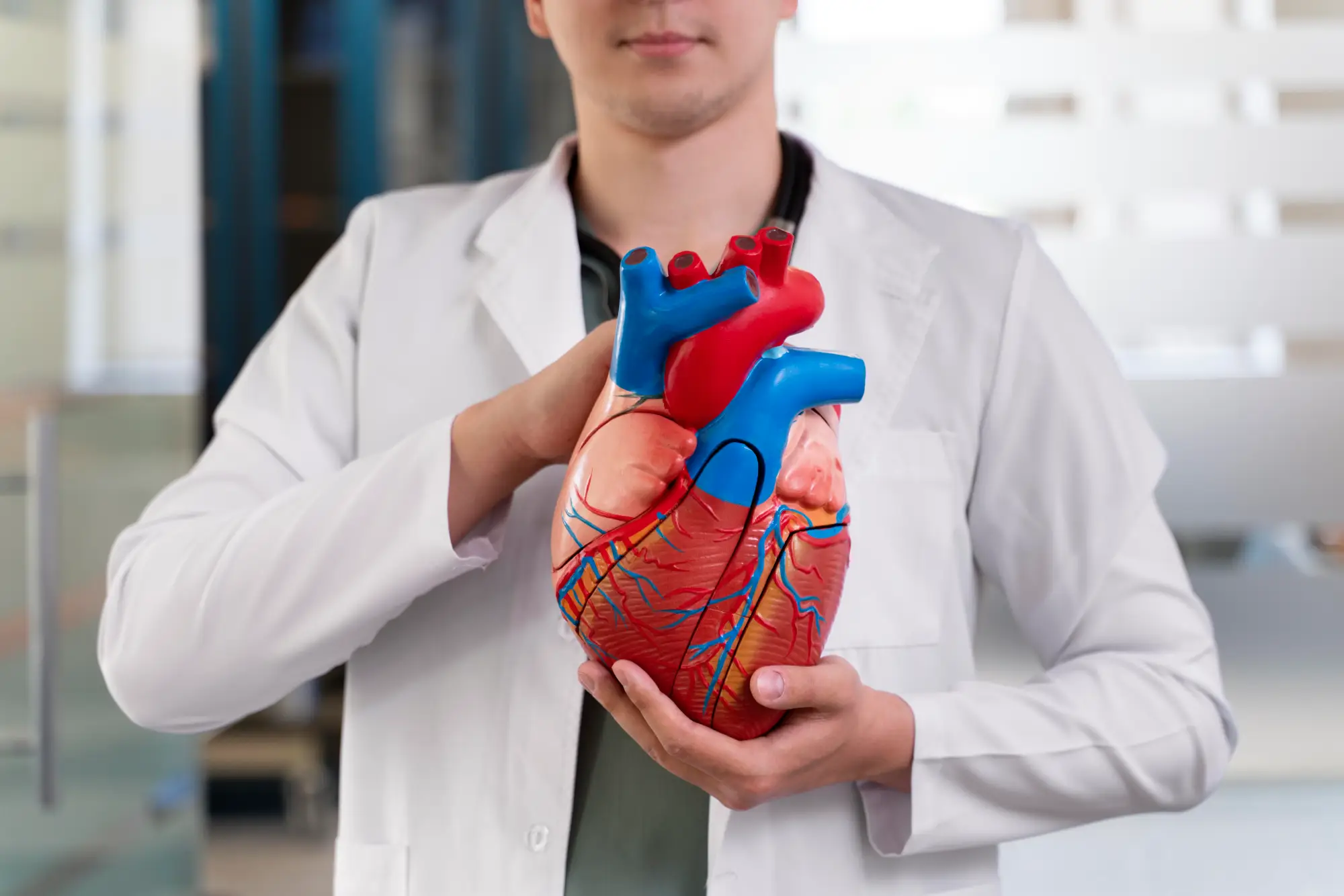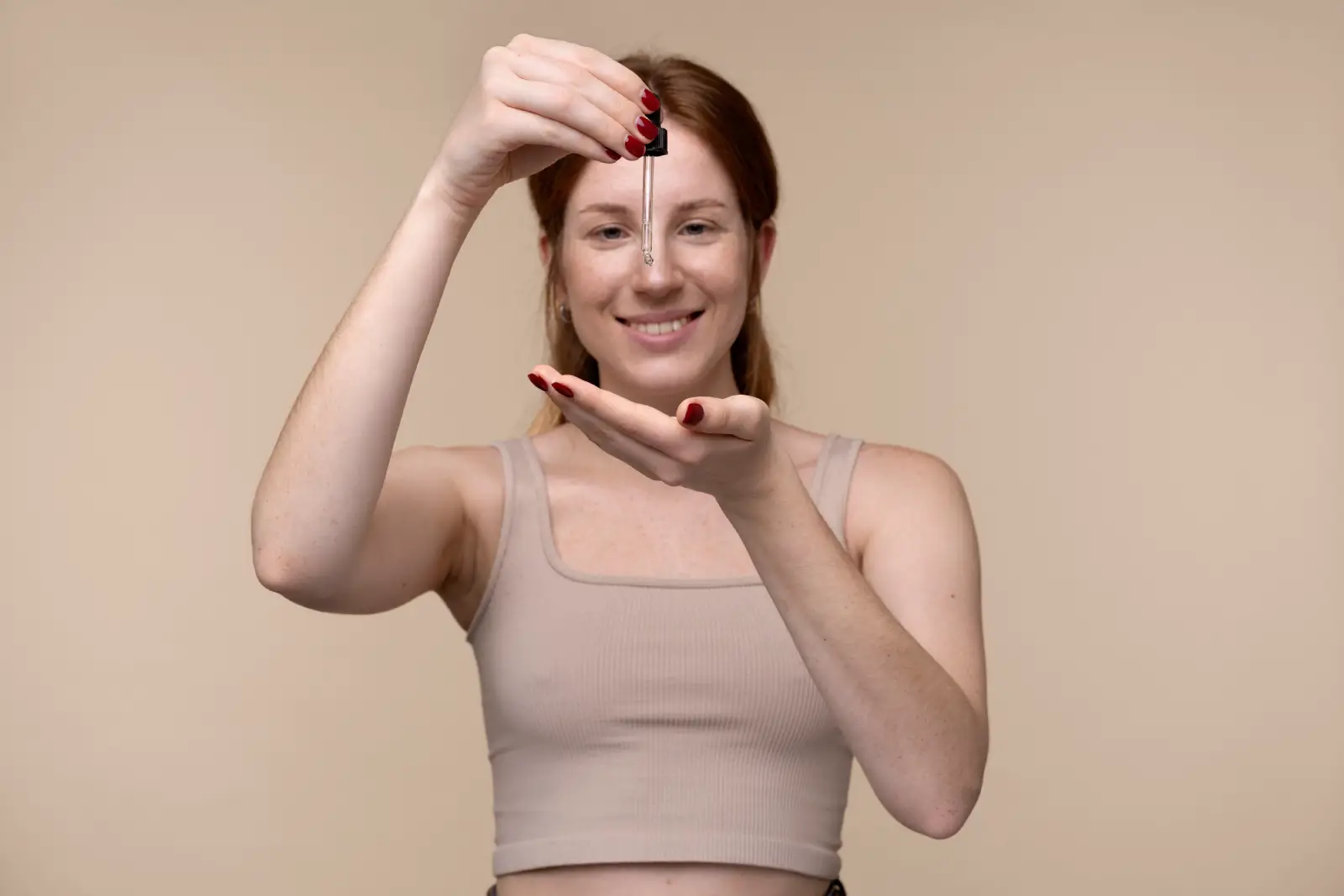blogs
- Home
- -
- blogs details
5 Things to Avoid After 5 PM to Reduce Your Risk of Alzheimer's Disease
Recent studies indicate that daily lifestyle, especially in the evening hours, can directly impact long-term brain health. Alzheimer's disease is one of the neurological disorders most closely linked to eating habits and sleep behaviors, so some everyday behaviors may be silent risk factors if ignored.
According to EatingWell, there are five habits recommended to avoid after 5 PM to preserve brain function and reduce the risk of Alzheimer's:
1. Sugary Drinks
Drinking sweetened beverages in the evening may seem harmless, but studies have shown a link between their regular consumption and increased rates of dementia. Excessive sugar increases inflammation and insulin resistance, which contributes to accelerated neuronal deterioration.
2. Coffee and Stimulants
Coffee is a popular beverage, but consuming it late in the evening negatively impacts sleep quality. Since sleep plays an important role in removing waste and toxins from the brain, disrupting it hinders the process of clearing neurons of proteins associated with Alzheimer's, such as beta-amyloid.
3. Sodium-Rich Foods
Excess salt not only affects blood pressure but also blood flow to the brain. Research has indicated that consuming large amounts of sodium may weaken blood vessels and affect the balance of brain chemicals, increasing the likelihood of cognitive decline.
4. Dark Chocolate
Despite its benefits, eating dark chocolate in the evening may disrupt sleep due to its caffeine and theobromine content, two stimulants that may prevent the deep sleep necessary for brain health.
5. Heavy Meals
Eating heavy meals in the evening stresses the digestive system and causes insomnia, which directly reduces the quality of sleep. Not getting enough rest puts the brain at risk for neurodegenerative diseases, most notably Alzheimer's.
Conclusion:
Awareness of the details of our evening routine may be the first line of defense in preventing mental decline and brain diseases. Taking simple steps, starting with adjusting what we eat and drink after sunset, can make a big difference in the long run.
Our blogs
Related Posts
-
Is your hair loss normal 7-7-2025
-
How does anxiety affect the stomach 11-8-2025
We Always Provide Support
We provide 24/7 technical support with a distinguished team to provide the appropriate service.





















